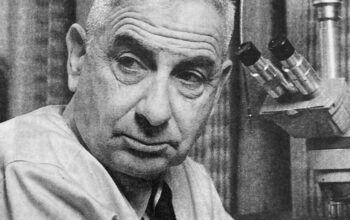
As a result of a lawsuit filed by the fund in Michigan, nearly every city stopped using DDT, and an application of another pesticide, dieldrin, in Western Michigan, to fight Japanese beetles, was delayed for a year. A lawsuit against the City of Milwaukee led it to end its use of DDT to fight Dutch elm disease. Another suit, filed jointly with the Citizens Natural Resource Association, led the State of Wisconsin to ban DDT.
One of the group’s landmark achievements came in 1972: the banning of DDT by the Environmental Protection Administration, with minor exceptions. That ban evolved from a lawsuit the E.D.F. and other groups, including the Sierra Club, had filed against the federal government.
Because Mr. Cooley was not an expert on DDT, as Mr. Wurster was, he did not testify in the lawsuits. He worked in the background with the Environmental Defense Fund while continuing to teach; he took students on river and wildlife field trips, and he advised Students for Environmental Quality, a club that started in 1970 at his high school and gave its members a group outlet to pursue solutions to problems like pollution in Swan Lake in East Patchogue.
“In time, it served as the vehicle for students to investigate other issues, learn about them and plot a course of action,” Mr. Cooley told the South County Retired Educators Association’s newsletter.
Arthur Paul Cooley was born on June 2, 1934, in Southampton, on Long Island, and raised in nearby Quogue. His father, Harvey, was a school principal and the mayor of Quogue. His mother, Helen (Coller) Cooley, was a homemaker who also made furniture.
Mr. Cooley earned bachelor’s and master’s degrees in biology from Cornell University and joined the staff of Bellport High School in 1956. In addition to biology, he taught general science, ornithology, earth science, mathematics and a course on gardening and wild foods.



